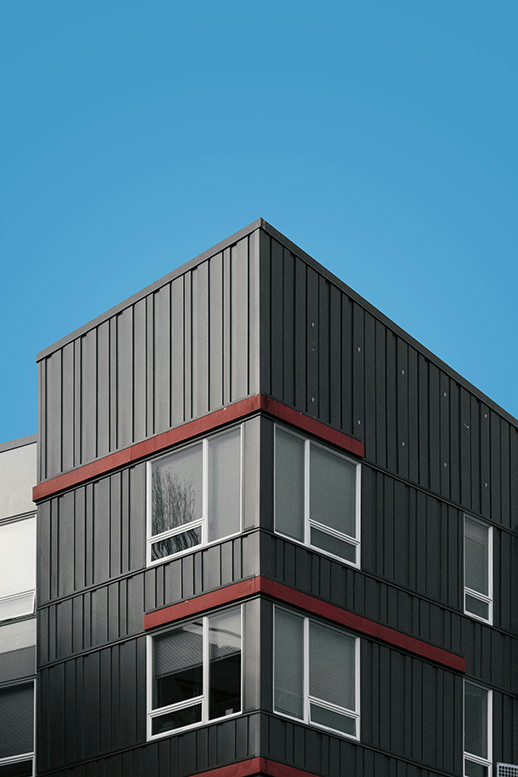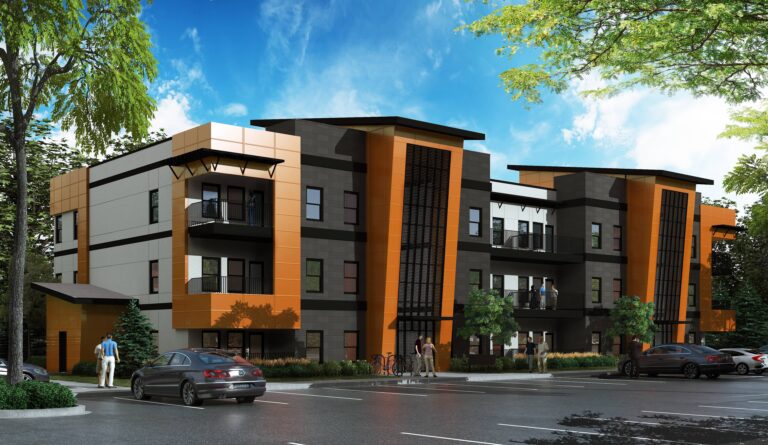Anna Lynn Winfrey – The Pueblo Chieftain
Colorado voters will decide in November on 11 proposed propositions and amendments that range from allowing wine sales in grocery stores to a slight reduction in state income taxes.
Puebloans gathered at El Pueblo History Museum Thursday to learn more about one of those measures, Proposition 123, which would divert up to 0.1% of the state’s general fund to affordable housing programs every year.
“$300 million is nowhere near close enough to (solving Colorado’s housing crisis), but it’s a step in the right direction,” said Ron Francis, the CEO of the Pueblo location of indieDwell, a company that produces modular housing.
The program would reduce Coloradans’ refunds under the Taxpayer Bill of Rights by an estimated $43 in 2023 and $86 in 2024 on average. Under TABOR, taxpayers can be issued refunds if the state has collected more money than the state’s revenue limit allows.
Joshua Posner, who is affiliated with the group promoting the ballot measure, said it is not a tax increase and decreased TABOR refunds is a small price to pay to work on a serious issue.
“We’re starting to address affordable housing across our state and we think that is a worthy investment to make,” Posner said.
If state revenue falls below the TABOR limit in future years, some of the funding for the programs could be reduced, but the program would not be eliminated. According to the state ballot book, Colorado is expected to collect money over the limit through at least 2023-24.
What Proposition 123 could mean for Pueblo
The measure would divert 40% of the funding to the Colorado Division of Local Affairs, which would focus on programs for affordable home ownership and addressing homelessness.
The other 60% would go through the Office for Economic Development and International Trade for programs to buy land for affordable housing and invest in low- and middle-income rental units.
How exactly the funding will be distributed across the state is to be determined during a rulemaking process that would occur if the ballot measure passes. The programs are set up for more local control and to allow developers to apply for funds, Posner said.
Local governments first need to commit to increasing affordable housing by 3% annually and fast-track approval on affordable projects.
At Thursday’s meeting, several attendees emphasized how they hoped Pueblo would not be overlooked if the proposition passes. Posner encouraged people to become involved early in the process.
According to the state’s voter information booklet, the median income for a four-person household in Pueblo County in 2022 is $68,600; 60% of that average income, which is often the cutoff for defining affordable housing for renters, would be $41,200.
Pueblo will need more than 4,300 new workforce housing units and 3,600 units for seniors built over the next 10 years, according to a study conducted last year. More than half of Pueblo renters spend at least 30% of their income on housing.
Dr. Velia Rincon, who leads the Teach for America program in Pueblo, said many teachers in Pueblo are spending a large portion of their income on housing.
“It’s already hard enough work that you do in those jobs,” Rincon said, referencing civil service workers such as teachers, police officers and firemen. “We don’t pay them well.”
The high cost of living and housing makes retaining teachers difficult, she added.
Proposition 123 would require a simple majority of votes to pass in November. The measure has been endorsed by hundreds of organizations, businesses and politicians, including the Colorado Municipal League, the Colorado Coalition for the Homeless, the Colorado Association of Realtors and Airbnb.



